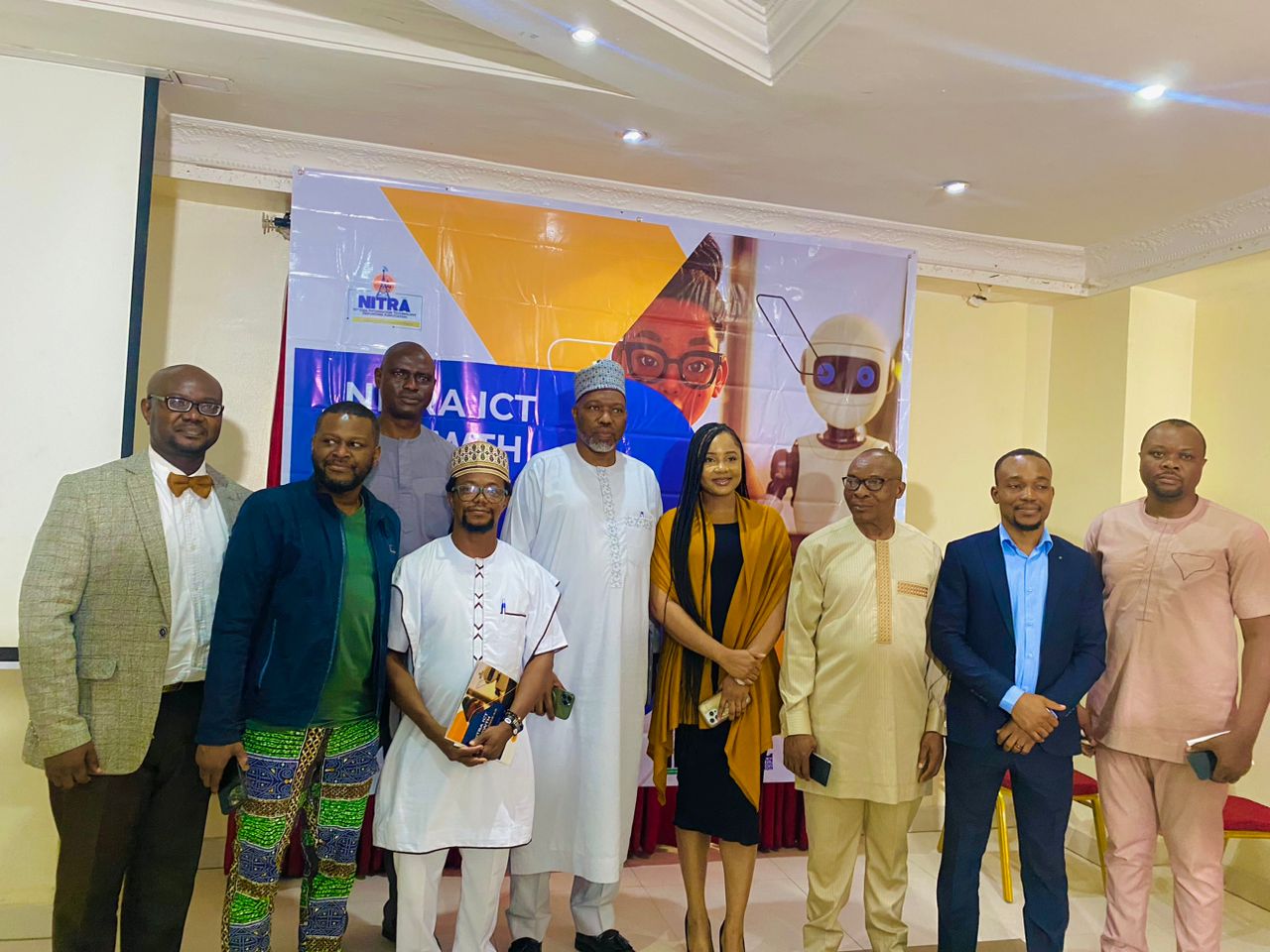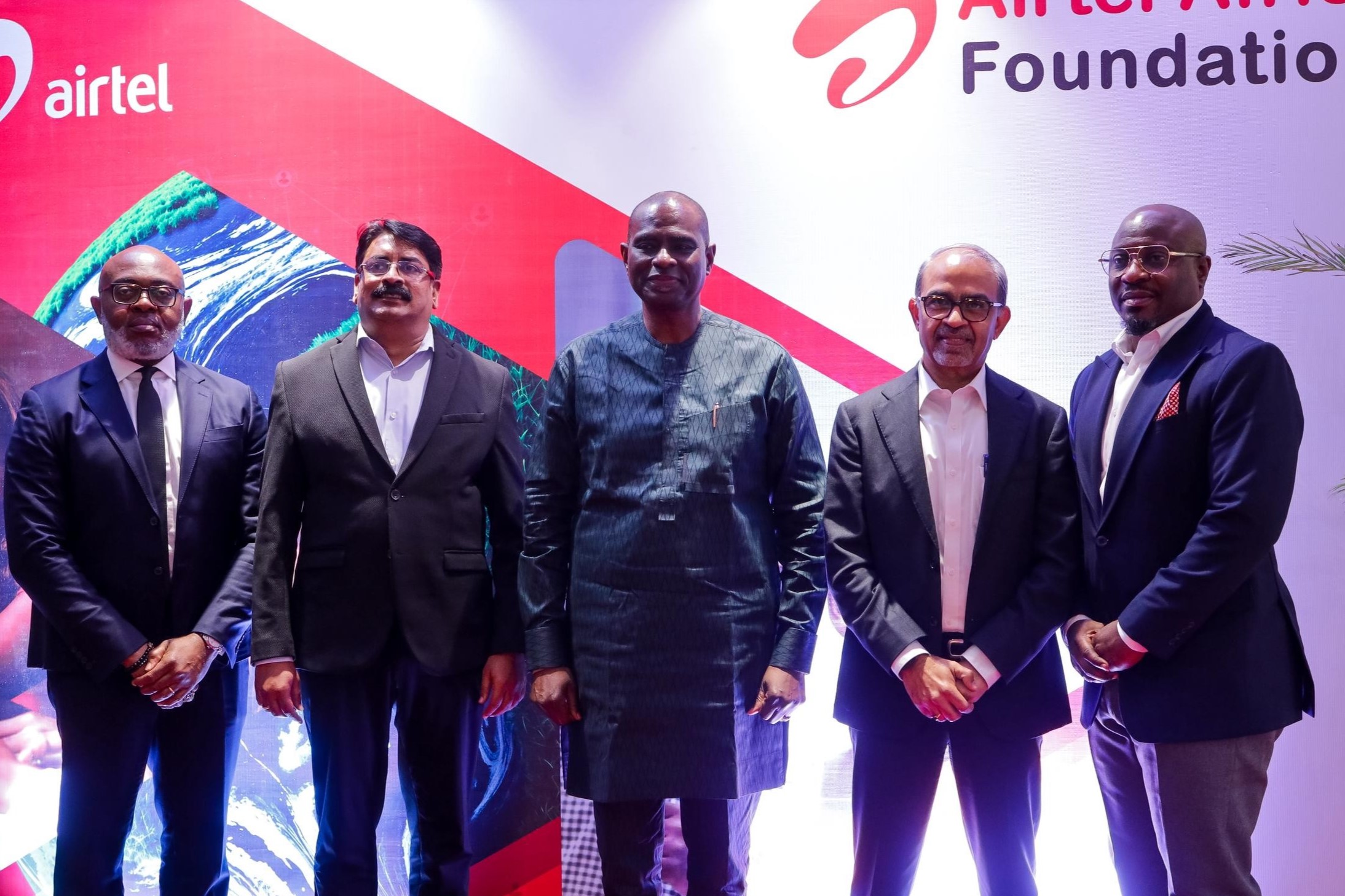BLESSING OSAYAMWEN
Stakeholders in the ICT sector gathered on Wednesday to discuss issues relating to Artificial Intelligence (AI) and how the innovation will impact national development.
The conference tagged ICT Growth Conference 4.0 with the theme “Impact of AI on National Development: Prospects, Policies and Challenges" was held at Ikeja Lagos.
Speaker at the event, Engr. Babagana Digema, Head, New Media and Information Security at the Nigerian Communications Commission (NCC), representing Dr. Aminu Maida, Executive Vice Chairman of NCC, in his keynote address, stated the need to navigate the rapidly evolving landscape of technology and it's implications to the Nation.
According to him, “AI is a transformative force that is reshaping industries, economies, societies around the globe. And for Nigeria, a country with immense potential and dynamic growth prospects, AI represents both an unprecedented opportunity and a complex challenge”
“At its core, AI promises to enhance productivity, drive innovation, and address some of our largest and most pressing national challenges. In sectors such as agriculture, AI-driven technologies can optimize crop yields, predict weather patterns, and manage resources more efficiently. Similarly, in healthcare, AI has the potential to revolutionize diagnostics, personalize treatments, and extend quality of care to remote areas”
“In the financial sector, AI can enhance fraud detection, streamline processes, and improve access to financial services for millions of Nigerians. In education, AI can offer personalized learnings, adapt to individual student needs, and bridge educational gaps. The possibility is vast and varied, and it offers the prospects of more efficient, equitable, and prosperous Nigeria”
“It necessitates thoughtful and strategic policymaking. As we embark on this AI journey, several key policy considerations must be crossed."
AI systems can rely heavily on data, ensuring that protection of personal and sensitive information must be top priority. Investments in education and training programs are essential to equip young people with the skills needed to thrive in an AI-driven world. Infrastructure development is another key area of concern. AI requires advanced infrastructure, including high-speed Internet and computing resources," he added.
Oluka said that, for Nigeria to truly harness the potential of ICT, we must bridge the digital divide that exists between urban and rural areas, young and elderly and better their different socioeconomic groups.
"As AI continues to evolve, it's potential to drive economic growth and improve businesses and public services, and also enhance the quality of life in Nigeria," he said.
While explaining the reasons for driving for AI growth, he charged stakeholders to join hands with NITRA in building a robust digital system.
Dr. Oluseyi Akindeinde, founder of Hyperspace and Neural AI, highlighted AI's challenges and opportunities, reassuring that AI will enhance human capabilities, not replace them. He showcased AI applications in transcription, translation, and education, demonstrating its potential to drive innovation and inclusive development.
A panel discussion composed of representatives from the NCC, private sector, and media and moderated by Professor Hillary Damissah, explored how to navigate AI's dangers in a developing economy. They emphasized the need for policy frameworks, regulation, and collaboration to mitigate AI's negative effects and ensure its benefits are equitably distributed.
The conference underscored AI's significance in Nigeria's development, urging stakeholders to work together to create an environment conducive to innovation, research, and tech adoption. As AI continues to evolve, Nigeria must prioritize strategic planning, ethical considerations, and inclusive growth to harness its full potential.






